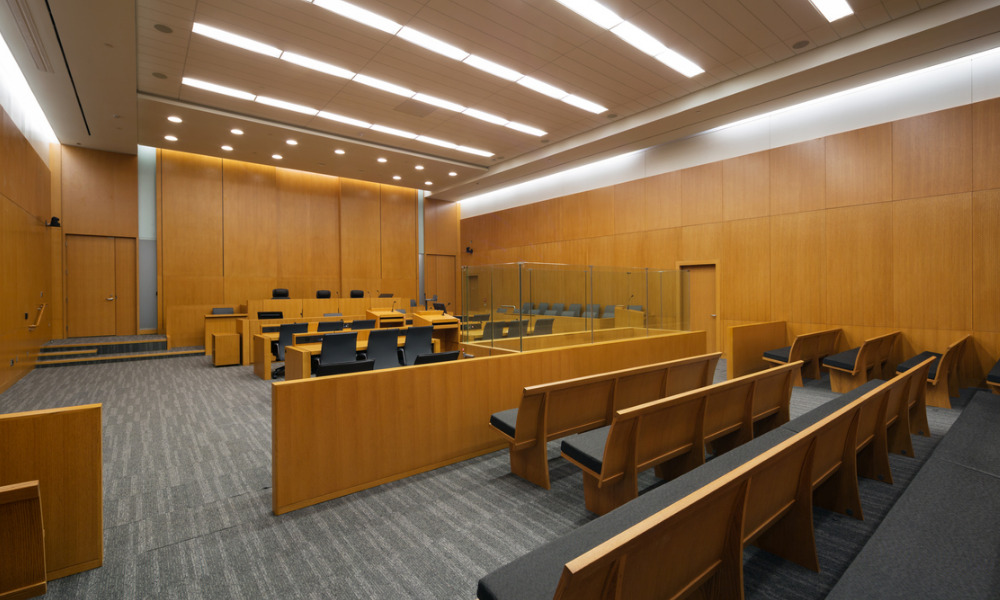
Court disagrees that arbitrator’s language was invitation for further discussion

Parents should fully review and understand the scope of an agreement regarding issues such as schooling because issues may later arise which were not contemplated at the time of entering the agreement, a family law firm has said.
The Feldstein Family Law Group Professional Corporation discussed in a blog post a case in which the parties disagreed over whether an email sent by the arbitrator could be considered a binding family arbitral award.
In Troisi v. Gillen, 2021 ONSC 873, the parents of VG, a child born in March 2009 and currently attending Rosedale Day School in Toronto, were discussing to which private school their son should apply. The applicant mother and the respondent father, who started cohabiting in October 2007 and who separated in January 2010 with joint custody of VG, entered a mediation-arbitration agreement in November 2010 providing that Phil Epstein would act as an arbitrator.
In April 2020, Epstein sent the parties an email that discussed four possible choices for VG’s private school. The mother filed with the Ontario Superior Court of Justice a request to enforce this direction, submitting that the email about the choices of schools amounted to a binding arbitral award. The father opposed this enforcement request.
The court found that the April 2020 email constituted a secondary arbitration award under s. 59.7 of the Family Law Act. Thus, the formal requirement under s. 38 of the Arbitration Act did not apply and would not bar the award. Regulation 134/07 of the Arbitration Act, which states the standard provisions for secondary arbitration agreements made on or after Sept. 1, 2007, was also inapplicable. The court therefore issued an order under s. 59.8(4) of the Family Law Act, which provided the same terms mentioned in the email.
The court noted that, in a multidirectional award in January 2016, the parties retained Epstein to decide on the choice of schools if they disagreed over the choice, and in a mediation-arbitration agreement in February 2014, the parties agreed that Epstein could deliver awards via ordinary mail, fax or email.
The court found that the wording in the April 2020 email was clear, certain and specific, with the choice of schools being the Upper Canada College, Sterling Hall, York School and Crescent School. While Upper Canada College was the preference, the other three schools were acceptable alternatives. Epstein also mentioned that the mother “should” prepare the needed applications, which makes the email a decision and a direction, not an invitation for further discussion.
The court disagreed with the respondent’s argument that when Epstein wrote “I leave it to the two of you to figure that out,” he was inviting the parties to keep debating the choice. Instead, this statement was made in the context of the early days of the COVID-19 pandemic, when there was ambiguity regarding how schools would process applications.
Howie Johnson Barristers & Solicitors, another family law firm, also discussed the case in a blog post and noted that, while arbitration or mediation may be an effective way for separated parties to resolve issues without having to spend the time and costs associated with going to court, “like in litigation, a party to arbitration might find that they did not get the outcome they were hoping for.”